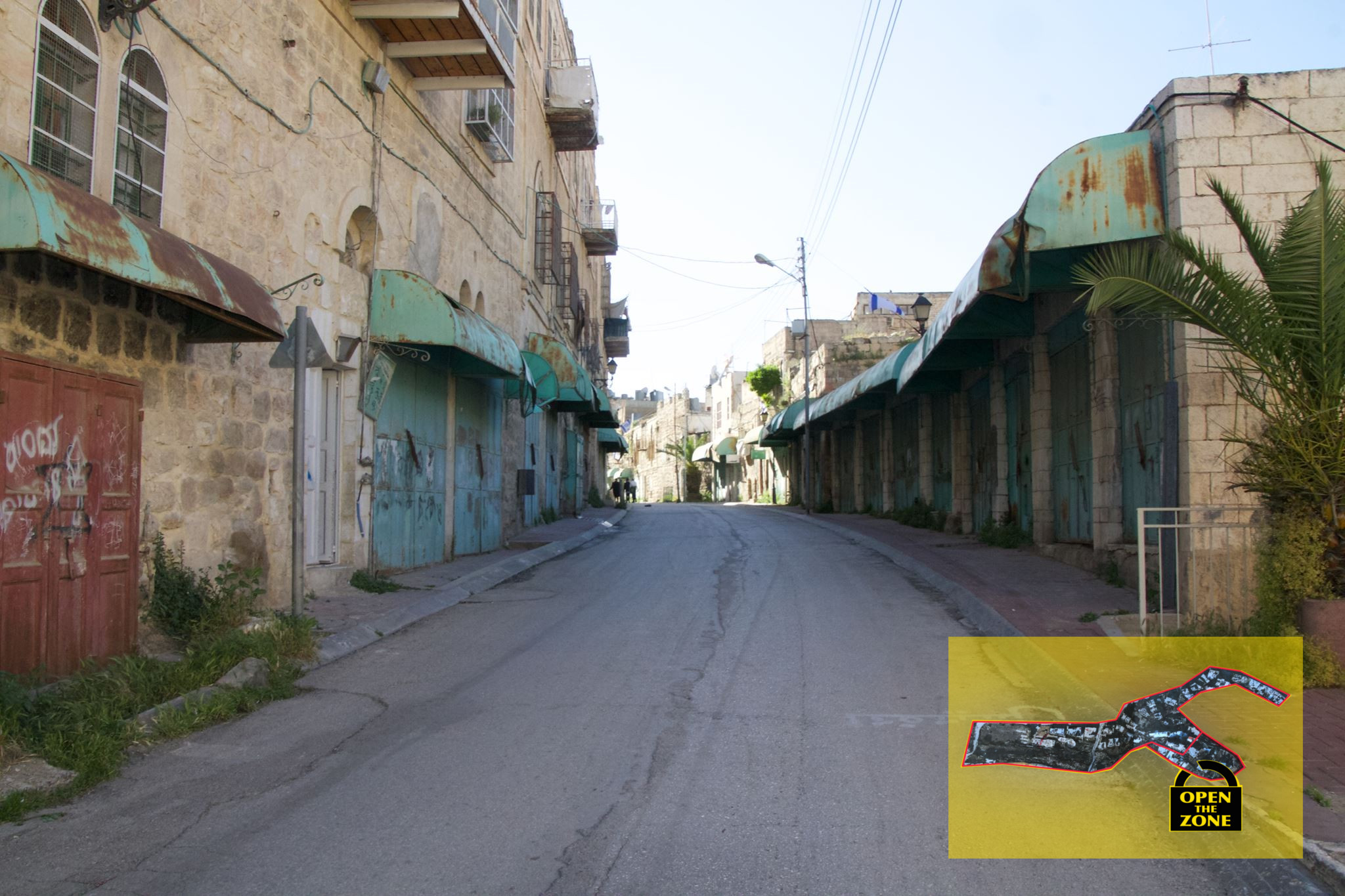Category: Hebron
-
Continuous implementation of apartheid-policies in Hebron
9th June 2016 | International Solidarity Movement, al-Khalil team| Hebron, occupied Palestine For already more than seven months, Israeli forces have kept a staircase leading to Qurtuba school and the surrounding neighbourhood in occupied al-Khalil (Hebron) under closed military zone (CMZ) orders, blocking the access for Palestinians only. Despite the lifting of the closed military…
-
Hebron Human Rights Defender testifies in case of execution of Abdel Fattah al-Sharif
8th June 2016 | International Solidarity Movement, al-Khalil team | Hebron, occupied Palestine On Wednesday, 8th June 2016, human rights defender Imad Abu Shamsiyah testified in Israeli court in the case of the extrajudicial execution of Abdel Fattah al-Sharif on 23th March 2016 in occupied al-Khalil (Hebron). Abdel Fattah al-Sharif and Ramzi Aziz al-Qasrawi were…
-
Apartheid policies in Hebron upheld
2nd June 2016 | International Solidarity Movement, al-Khalil team | Hebron, occupied Palestine Despite the lifting of the closed military zone in Shuhada Street and Tel Rumeida, many restrictions for Palestinians still remain. This neighbourhood is in H2 under full Israeli control in occupied al-Khalil (Hebron). The closed military zone was first declared on 1st…


